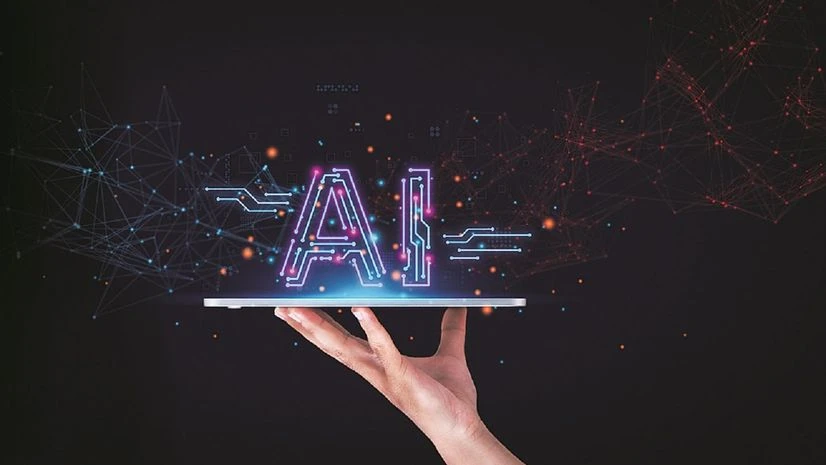In the age of deepfakes, identity crises and Elon Musk, Merriam-Webster Dictionary has announced "authentic" as the Word of the Year for 2023. In its announcement, Merriam-Webster said the word reflects what "we're thinking about, writing about, aspiring to, and judging more than ever".
The word "authentic" saw high-volume lookup in 2023 on the back of rising stories and conversations about celebrity culture, identity and social media, it said. Many celebrities, including Taylor Swift and Sam Smith, made headlines with their statements about seeking the "authentic self" and "authentic voice".
However, the most significant bit in the announcement came in the fifth para, signalling the role of a technological breakthrough that has quickly become ubiquitous – artificial intelligence.
"And with the rise of artificial intelligence—and its impact on deepfake videos, actors' contracts, academic honesty, and a vast number of other topics — the line between 'real' and 'fake' has become increasingly blurred," the announcement read.
The latest entrant into the Word of the Year list speaks of the times we are in, with AI taking centre stage in newsrooms, boardrooms and, well, in pretty much all rooms.
Earlier this year, the Cambridge Dictionary announced "hallucinate" as its Word of the Year 2023. The announcement was followed by the tagline, "When an artificial intelligence hallucinates, it produces false information."
Another lexicon, Collins English Dictionary, went a step further and announced "AI" as its Word of the Year 2023. The announcement said that the use of the word (strictly an initialism) has quadrupled over the past year.
More From This Section
Oxford Dictionary and Dictionary.com are yet to announce their respective words of the year for 2023.
This was the year of AI. From the emergence of ChatGPT to cases of deepfakes involving celebrities, people across the globe are still figuring out if this technology will accelerate human progress or is something to be alarmed about. For students and influencers, AI has come as a boon. For teachers and governments, maybe not so much.
One of the words that "authentic" beat to emerge as a winner was "deepfake". According to Merriam-Webster, the interest around the word spiked after Musk's lawyers in a Tesla lawsuit said he is often the subject of deepfake videos and again after the likeness of Ryan Reynolds appeared in a fake, AI-generated Tesla ad.
In India, it was more recently in the news when deepfakes of actor Rashmika Mandanna went viral. The Indian government is considering imposing penalties on the creators of deepfakes as well as on the platforms hosting them.
In AI, a more recent development has reignited everybody's interest. Reports claimed that Sam Altman's ouster from OpenAI might be due to an artificial general intelligence (AGI) project Q* (pronounced Q Star). It is believed that the software is able to solve maths problems, showing evolution from the usual language-based solutions. Altman has repeatedly said that AGI will solve problems faster than humans.
So, if words of the year show what the world is digging, discussions around AI are clearly here to stay, at least for a while.

)
